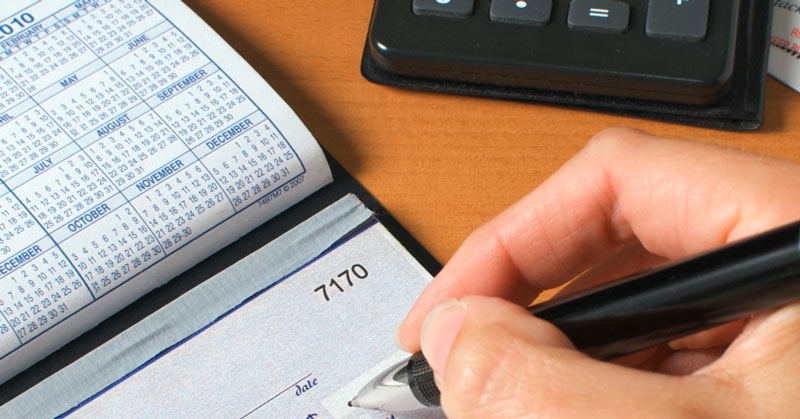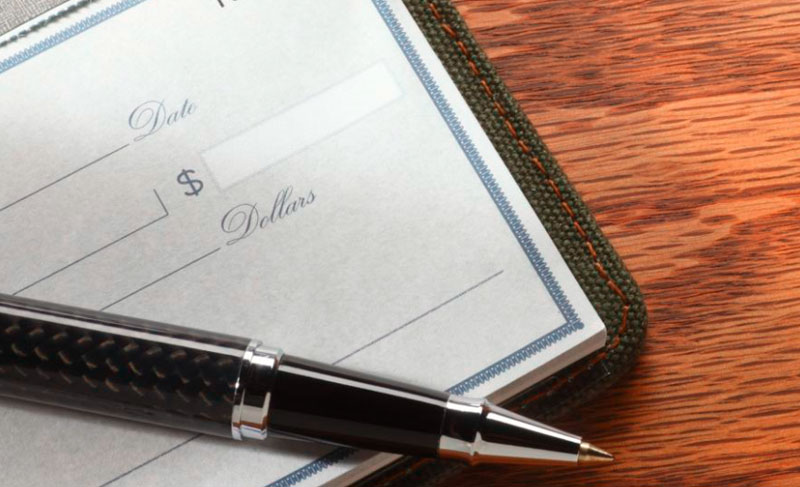Method to Prevent and Remove Checking Account Holds
Triston Martin
Sep 13, 2022
A hold is a temporary restriction on access to previously received funds. Even though the funds are visible in your account, the bank prevents you from withdrawing or using them to make payments.
While the bank will update your balance to reflect deposits, those funds will not immediately be accessible to you. The term "available" is essential here, as you have multiple account balances, including the overall and available balances.
What Causes Banks to Freeze Accounts
Despite appearances, financial transactions take time. Your checking account balance will increase instantly if you deposit a check or money order. A transfer of funds from the payment bank is still required. After initiating the transfer, it could take several days before the funds reach your bank account.
Financial institutions worry that any checks issued in your name might be fraudulent or that they will bounce. The bank can take its time investigating the deposit hold request.
Duration of Deposits
When dispersing funds, financial institutions may be as lenient or liberal as they see fit. When you make a deposit, they may release the funds immediately, but more commonly, they will put a hold on the funds for several business days. 1 It's essential to keep in mind that the term "business days" refers only to regular working days (Monday through Friday) and not to calendar days (Saturday, Sunday, etc.). The federal Expedited Funds Availability Act and the Check Clearing for the 21st Century Act govern how long a bank can keep your money.
3 The process has also sped up because banks began transmitting digital photographs of checks rather than mailing the actual paper checks.
Business Day Countdown Regulations
If you deposit cash into your bank account instead of using an automated teller machine, the money must be available to you in full the next business day. 5 This also applies to deposits made in person with a bank employee, such as electronic payments, mobile payments, and the following checks, based on the number of zeroes in the check number.
Cashier's, Certified, and Teller's Checks are Acceptable Forms of Payment that Come with a Guarantee of U.S. Treasury checks, USPS money orders, checks drawn on state or local governments in the same state as your bank, and checks drawn on the Federal Reserve Bank or the Federal Home Loan Bank are all examples of government-issued checks. "On us" means that the Check was written to the local branch of the bank you are depositing it into.
If you deposit a Treasury check or an on-us check in person, at an ATM, or using a mobile device, the whole amount must be available the following business day. If you use an ATM to deposit cash or one of the other checks indicated above, you should expect to have the whole amount available the following business day.
Withdrawal of funds from deposits you make using an automated teller machine (ATM) at a financial institution at which you do not have an account must be completed no later than the fifth business day following the business day on which you made the deposit, regardless of the form of payment you used (cash, check, or money order).
Rule Deviations for Bank Deposit Holds

These factors justify allowing banks to keep holds open for longer than the rules allow:9 Circumstances requiring an immediate attention, such as the shutdown of all electronic means of communication or data storage. If your bank has grounds to suspect that a check you've deposited is terrible, they may place a hold on the funds until you can prove otherwise.
Here's the Deal With Deposit Holds and Checks When any of the following nine conditions apply, the cheque is probably not going to be cashed: The receiving financial institution informs the issuer that either the Check cannot be processed due to a stop-payment order, insufficient money in the account of the drawer, or that the Check will be returned unpaid.
A future date has been written on the back

You may be insolvent or close to it, or your bank suspects you of Check kiting (drawing checks knowing you don't have enough money in your account to cover them).
It's annoying to be restricted from accessing your funds, but banks usually apply the same hold policy to all customers. Instead of singling you out, a computer system performs checks according to a predefined set of rules. However, if you argue your case, the hold could be lifted.
Investigate the hold's origins first. One possible example is receiving payment for an online sale in the form of a Western Union money order. This is analogous to depositing a check and is subject to the same hold periods. On the other hand, your funds may be unavailable if you used your debit card somewhere that required a sizable pre-authorization hold.







